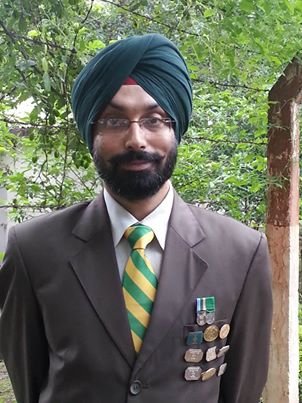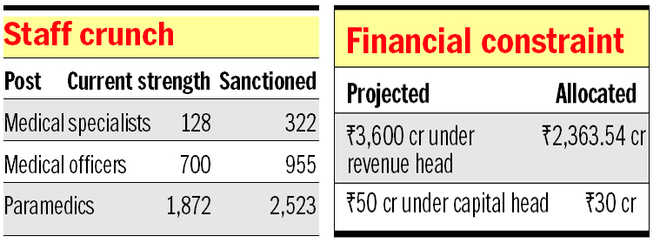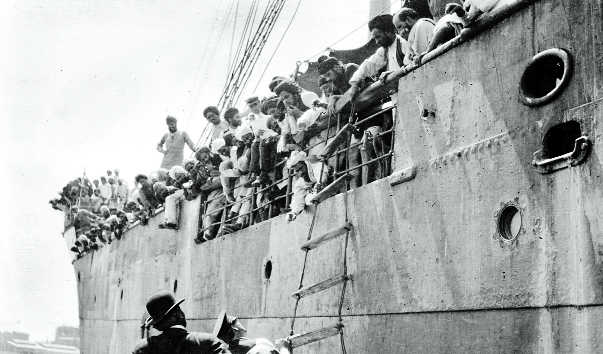Washington/Islamabad, May 3
The $700 million F-16 fighter jet deal seems to have hit turbulence with the US telling Pakistan it will have to finance the purchase of fighter jets itself after members of the US Congress objected to using government funds to pay for them. Pakistan, however, said it will buy jets from other countries if the US fails to provide agreed funds.The US has asked Pakistan to “put forward” its “national funds” to buy eight F-16 fighter jets after some top American Senators put a hold on the use of taxpayers’ money to partially finance them. Pakistan has time till May-end to avail the American offer to procure F-16s.“While the Congress has approved the sale, key members have made clear that they object to using FMF (foreign military financing) to support it. Given Congressional objections, we have told the Pakistanis that they should put forward national funds for that purpose,” said US State Department spokesman John Kirby on Monday. Kirby, however, did not say when this decision was taken and when was it communicated to Pakistan.Pakistan Prime Minister’s Adviser on Foreign Affairs Sartaj Aziz, however, said the Congressional blockade might force it to turn to other countries. “Pakistan will buy F-16s from some other country if funding (from US) is not arranged,” Aziz said at a seminar.On February 11, the State Department had informed the Congress about its determination for selling eight F-16s to Pakistan at an estimated cost of $700 million. The move was opposed by the Indian Government, which summoned US Ambassador to India Richard Verma to lodge its protest.US top American lawmakers led by Senator Bob Corker, chairman of the powerful Senate Foreign Relations Committee, put a hold on the sale arguing that it would not let the Obama administration use taxpayers’ money for sale of the fighter jets to Pakistan given that Islamabad was not taking enough action against terrorist organisations, in particular the Haqqani network. — AgenciesCan’t use taxpayers’ money: US Congress
- Under the $700 m deal, Pakistan was to pay $270 m from its national funds to buy eight F-16s built by American firm Lockheed Martin Corp, while the US was to fund the rest from its Foreign Military Financing (FMF) fund
- The US Congress, however, refused to approve funding using taxpayers’ money, leaving the deal in limbo, as cash-starved Pakistan may not be able to make the entire payment
- Last week, top American lawmakers during a congressional hearing told the Obama administration they feared Pakistan will use the F-16s against India and not against terrorists
India’s military growth ‘worrisome’Adviser to Pak PM on Foreign Affairs Sartaj Aziz on Tuesday expressed concern over India’s growing military power. He said if India’s growing military power was not checked, Pakistan would be “forced to increase its strategic power” too. “The international community should avoid steps which may disturb the strategic balance in South Asia,” Aziz warned — IANS
Pak to ‘opt for’ other jets, if not F-16s
US decides not to subsidise jet sale through Foreign Military Funding after key Congressmen opposed it
Pakistan said on Tuesday it will acquire combat jets from other countries if the US does not subsidise a deal for eight F-16s, giving a new twist to the controversy over the deal that has run into opposition from American lawmakers.
AFP FILESartaj Aziz’s remarks came after the US confirmed reports that it will not subsidise the proposed sale of F-16 jets to Pakistan.“If funding is arranged, Pakistan will get the F-16s, otherwise we will opt for jets from some other place,” said Sartaj Aziz, the adviser on foreign affairs to Prime Minister Nawaz Sharif. He did not specify which other jets were being considered by Pakistan.
Aziz’s remarks came after the US on Monday confirmed media reports that it will not subsidise the proposed sale of eight F-16 fighter jets to Pakistan. Pakistan can still buy them but by paying fully the amount of nearly $700 million.
The Obama administration has officially, and publicly, said it endorses Pakistani claim that these aircraft will be used to fight terrorists, but many lawmakers seriously doubt it.
At a recent compressional hearing Matt Salmon, a Republican congressman, raised questions about F-16s, saying they “could ultimately be used against India or other regional powers”.
“We have told the Pakistanis that they should put forward national funds for that purpose,” state department spokesperson John Kirby told reporters at a news briefing on Monday.
Kirby said objections from lawmakers was the main reason: “So while Congress has approved the sale, key members have made it clear that they object to using FMF to support it.”
FMF, which stands for Foreign Military Funding, is a crucial US foreign policy tool used to extend aid to friendly nations to secure their friendship. The F-16 deal was supposed to be one.
The deal killer came in the form of a procedural block — called a “hold” — from the Republican chairman of the powerful senate foreign affairs committee Bob Corker.
He told The Wall Street Journal in an interview, “I do not want US taxpayer dollars going to support these acquisitions”. He went on to call Pakistan, an ally, “duplicitous”. PAKISTAN TO MAINTAIN MINIMUM NUCLEAR DETERRENCE: AZIZ
Pakistan would maintain minimum nuclear deterrence for balancing the strategic stability in South Asia, Aziz said.
Addressing a seminar, he said South Asia’s strategic stability has been negatively impacted by policies that override the long-established principles and norms and are guided by individual states’ strategic and commercial considerations. “A case in point is the Indo-US civil nuclear deal and the subsequent discriminatory waiver granted to India by the Nuclear Suppliers Group. Eight years down the road one wonders what benefit the non-proliferation regime has secured from the deal?” he asked.


















































































